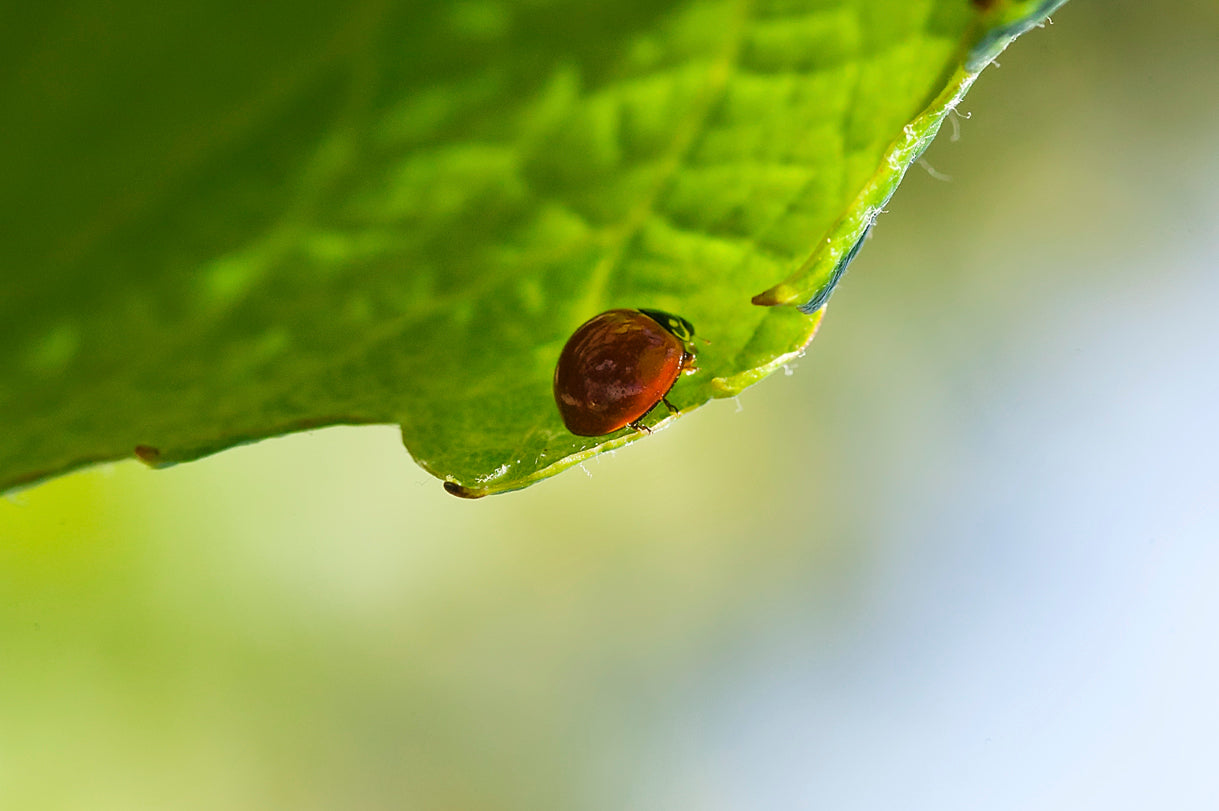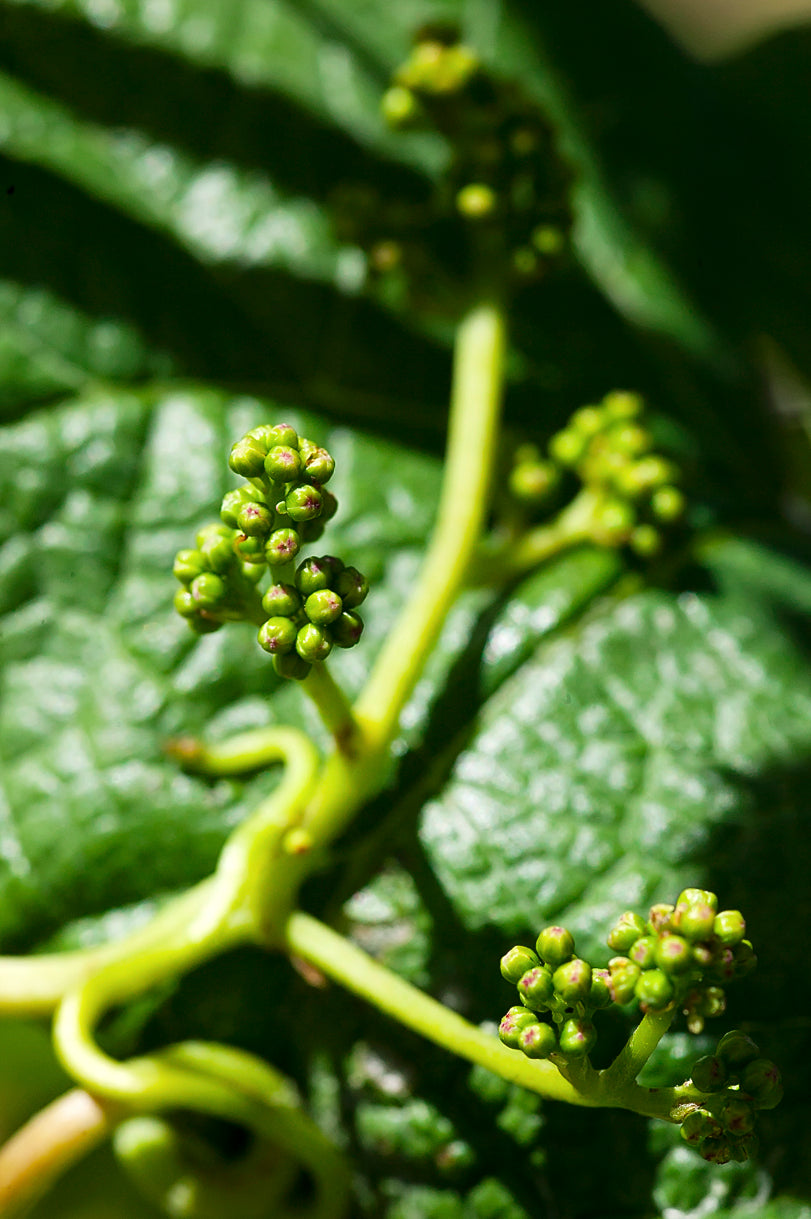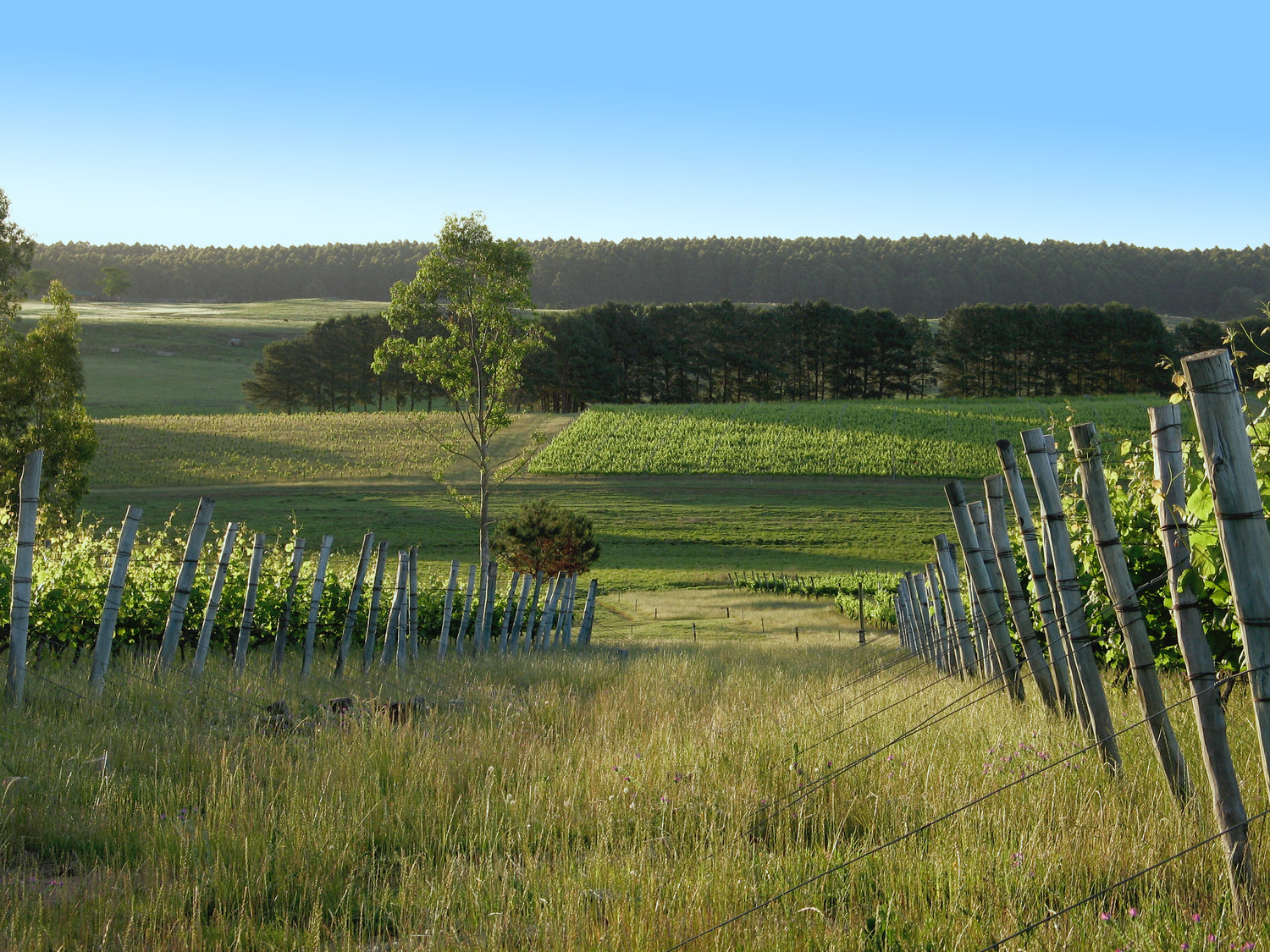
MANIFEST
-
Sustainable viticulture and integrated management
We implement sustainable viticulture practices with 100% of our own grapes grown in our vineyard. The 40 hectares of vineyards are surrounded by 220 hectares of natural meadows and mountains where the native flora and fauna are preserved in balance. The sheep are raised integrated into this environment and recycle the natural pastures of the vineyard, increasing the health of the sandy soil, its microbiota and its microfauna biodiversity. Emphasis is placed on the use of biofertilizers and organic fungal control.
-
Conscious use of water and soil resources
No artificial irrigation is used and the natural semi-emergent water from the Guaraní aquifer that is used for the hygiene of the winery is recycled in a pine forest and in the composting processes of the pomace and other solids. The soil is managed with the care of permanent natural pastures that protect against erosion and increase insect biodiversity since insecticides are not applied in our vineyards.
-
Commitment to biodiversity
We use native yeasts selected from the vineyard to achieve the identity of the terroir and sensory differentiation of our wines. This native flora remains in biological balance, and in natural balance with the native fauna. We work with more than 200 bee hives for the pollination of the vineyard, which ensures the quality of our fruits and increases the diversity of the microbiota.

-
Sustainable construction and use of renewable energy
Our winery, built inside a hill, is integrated respecting the landscape and environmental sustainability. The design uses gravity that minimizes the use of pumps, optimizes cooling energy costs, takes advantage of natural light, and uses 97% renewable energy, minimizing the carbon footprint. It is an open winery that offers a healthy work environment during winemaking.
-
Manual harvest and community development
We value the manual work in the vineyards and the experience of our local team, many of whom have been part of the winery for many years, promoting personal and professional growth, contributing to the economic and social development of the region.
-
Natural vinification and minimal intervention
We celebrate the distinctive character of our terroir through winemaking methods that preserve the authenticity of each vintage. We use only minimal interventions, without additives that could modify the varietal character of our wines or that contain derivatives external to the grape. Filtration is avoided as much as possible and minimal manipulation of the wines and doses of sulfites are applied during bottling. We ensure that our wines genuinely and fully reflect the essence of the land. Oenological defects that impair the sensory differentiation of local wines and do not contribute to the nature of good wine are avoided.

-
Ecological and responsible packaging
Our packaging uses recycled materials for its labels and boxes. Natural corks and inks, wooden barrels from FSC-certified forests, and minimal weight eco-glass bottles.
-
Promotion of responsible wine tourism and local culture
We support local and sustainable gastronomy, offering experiences that highlight the products and talents of our community, from lamb, olives and honey produced in our own vineyards, to the use of pruning firewood for the barbecue fire. We protect and promote local culture by purchasing supplies mostly from the territory. We strengthen the regional economy, while valuing the cultural wealth of our environment.
-
Transparency, education and fair marketing
We strive to be an open space for learning and collaboration, sharing our practices and learnings with visitors, universities and other producers, fostering an environment of continuous improvement and mutual respect within the wine industry. Actions of unfair competition in marketing are expressly avoided and the diversity of wine options for the consumer is promoted.
